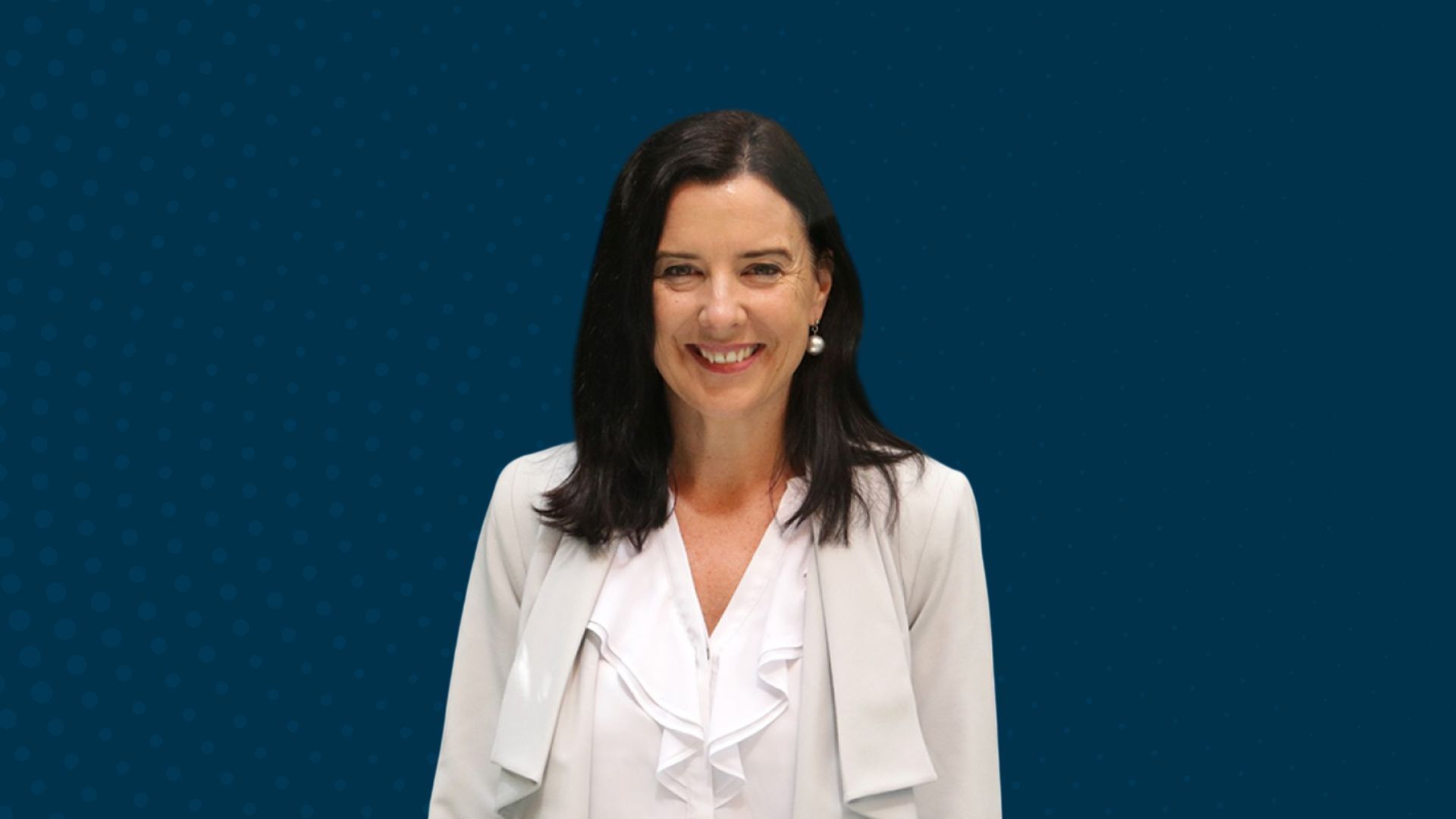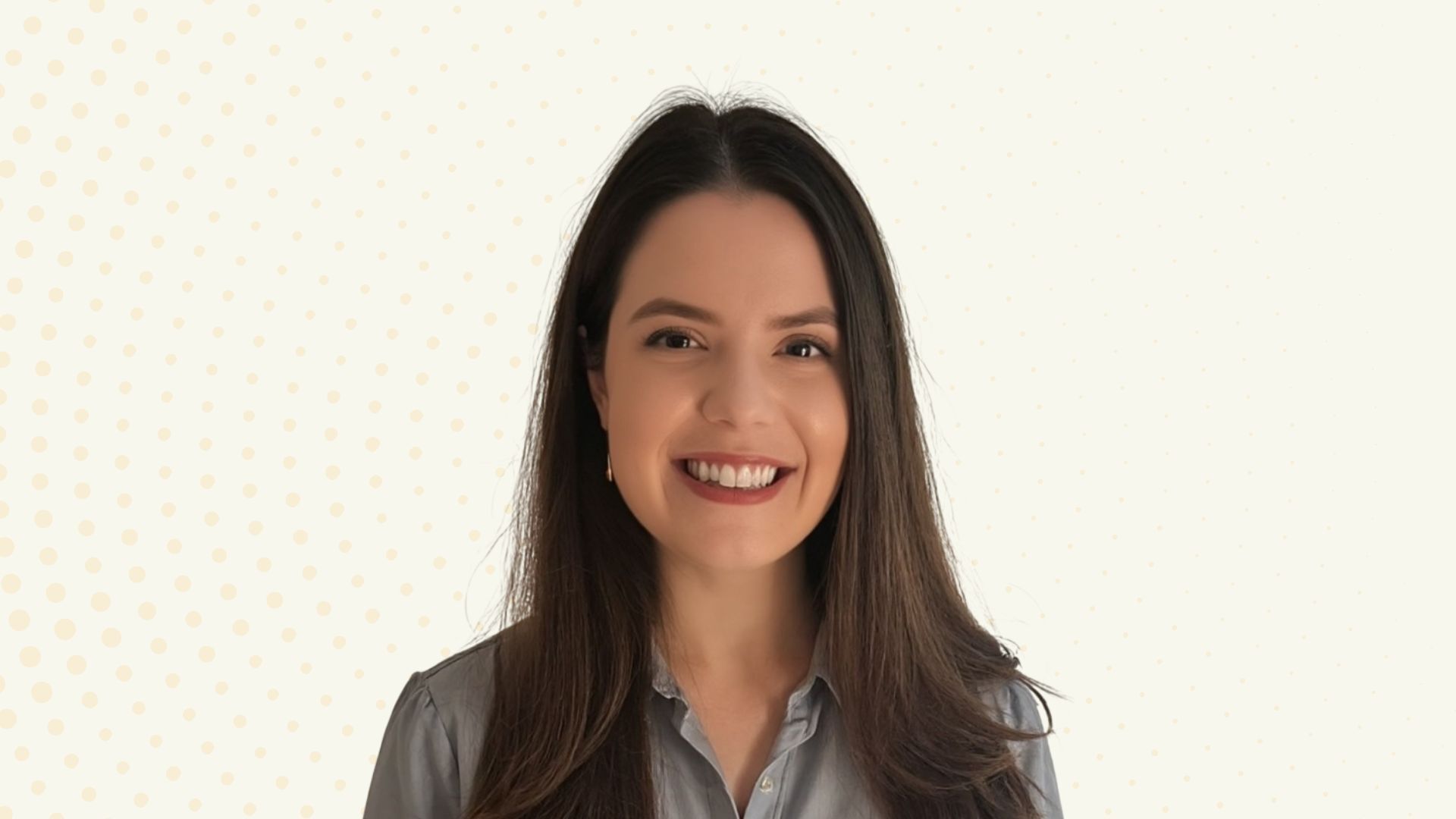As the world becomes increasingly connected, it's only natural for local agencies and businesses to expand across regions and borders. But how are they evolving alongside these new opportunities, and how does the function of comms differ?
To find out, Telum Media spoke with Tala Booker, Founder and CEO of Via Group. Launched in 2023, Via began as an idea to help businesses connect with audiences across borders. Since then, it has grown into a cross-border integrated marketing and communications agency with reach across the APAC and Middle East regions.
Tala shared her experience on how markets are operating in tandem in today's connected landscape, the Middle East as a new growth hub, and how businesses can effectively enter new markets.
You've spent much of your early career leading multiregional and global comms. With Via's operations now covering the APAC and Middle East, what are some of the biggest shifts you’re seeing in how businesses are approaching brand, leadership, and reputation in today’s connected landscape?
I love this question as it speaks to why Via exists and how we solve problems for our clients.
We are witnessing an unprecedented upheaval in how businesses are managing their reputation. Reputations don't stay local anymore - thanks to new social platforms, the interconnected nature of geopolitics, technology, and more - yet, how a business connects with its audience differs market to market.
These two concepts must coexist for today's CEOs, which is why businesses find it so challenging to enter new markets or deepen their engagement in diverse regions like Asia Pacific and the Middle East.
Whether you're trying to win the confidence of the Singaporean regulator, raise capital in Sydney, or hire in London, your strategic messaging and brand must flex but still feel like you - from tone of voice and visual identity, through to the thematics that you weigh in on.
These businesses need partners that comprehend the global landscape and risks, as well as the hyper-localised trends on the ground. This is driving a mindset shift among business leaders and CEOs, where leaders are starting to treat brand and reputation as a core part of their business strategy, not something to react to. Which is especially true in sectors like banking and financial services, where trust, visibility, and regulation all intersect.
At Via, we're seeing clients that are thinking more holistically and are crafting reputations that match their commercial ambitions as well as their purpose. We're working with globally-minded firms, big and small, that understand their strategic positioning - not only in market matters, but also that it should transcend borders. All this must be done carefully and with precision to resonate with new audiences.
Are companies in established versus emerging markets approaching reputation differently? Are certain ones more proactive in shaping their public narrative, while others remain largely reactive?
Yes, but that gap is narrowing fast.
In places like Singapore, Australia, and the UK, there's generally more structure and a seat at the table for in-house communications and corporate affairs teams. When these teams are established, there's an understanding that media relationships are a critical investment, and issues preparedness is key.
But what's exciting is how ambitious and proactive some of the younger businesses in emerging markets are. They're not waiting until they hit scale to start building their reputation or thought leadership.
In Singapore especially, we're seeing an increasing number of businesses putting communications at the centre of major moments, whether that's launching into a market, raising capital, or responding to regulatory change. They know that telling their story well gives them an edge.
And because they're not tied to legacy ways of working, they often move faster and take more creative risks. We've worked with founders that understand not only the role that public narrative plays in unlocking partnerships, customer trust, and funding, but also that this narrative needs to be managed with intention.
We're seeing a growing trend of ANZ and APAC-based businesses expanding into emerging economies in Southeast Asia and more recently, the Middle East. What's fuelling this shift, and why is the Middle East becoming such an attractive hub for communications-led business strategy?
There's so much opportunity in the GCC markets right now. Governments are investing heavily in innovation and infrastructure, and international businesses are looking to bring their product, knowledge, and capital to the region, especially in areas like financial services, real assets, and tech.
For our clients, this expansion isn’t just about growth, it’s about timing. They're entering new markets while the ecosystem is still forming, which means they can shape how they're perceived from the start. That's where communications comes in. It's about landing the right message, for the right audience, at the right moment.
We always sit our clients down for a discovery session to understand their commercial objectives, competitive landscape, and audience. From there, we design messaging that works across stakeholder groups, from regulators to investors to the media. We also run immersion sessions with executives to help them understand how their messages will land locally and how they can communicate with impact.
It's about building confidence and clarity before stepping onto a new stage, deeply understanding your audiences' needs, and how your brand will resonate with these needs.
What’s your approach to quickly adapting to local culture and media dynamics in new markets? How important is to have boots on the ground versus working with clients remotely?
Local insight combined with international expertise is everything. You can't build credibility without understanding the nuances of how business is done and how messages are received. But, prevailing trends globally influence local markets, too, so you must have a strong grasp of these international trends.
Our team either has senior leaders on the ground that live and breathe that market, or we partner with other boutique advisory firms that really 'get it'. They bring deep local knowledge and relationships, which allows us to advise with confidence and care.
At the same time, we possess a global lens. Many of our clients speak to multiple audiences across multiple markets, and our role is to make sure the narrative connects and holds together. It's not about having a team in every city - it's about being intentional in how and where you show up.
This hybrid approach has allowed us to stay close to our clients, often joining leadership meetings and strategy sessions, as well as activating local expertise where it counts. This combination has helped us deliver value with clarity and ensures the message feels relevant, not recycled.



